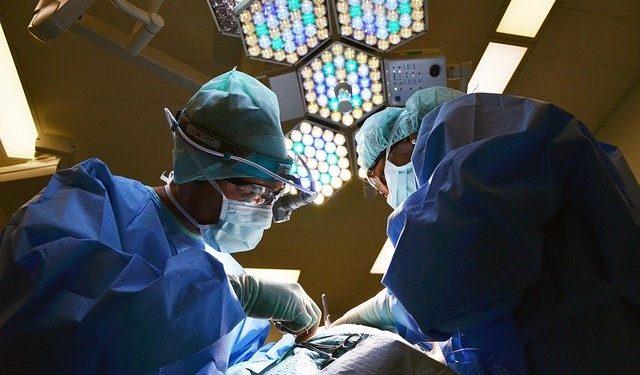The British Medical Association (BMA) has warned there will be “no quick fix” to soaring NHS waiting lists in England and criticised the government for failing to support the NHS and clinicians.
With the official waiting list hitting 5.45 million yesterday and predictions that it could reach 14 million in a year, the doctor’s trade union warned this would be a difficult time for patients and healthcare staff.
Ultimately, it said there was a triple threat facing the NHS of:
- caring for large numbers of Covid-19 patients,
- making headway on an ever-growing backlog and,
- trying to provide ongoing business as usual care while maintaining effective infection control to keep patients and staff safe.
And the BMA laid the responsibility for this situation squarely at the Conservative government for not funding the NHS properly before the Covid pandemic arrived.
“The government continues to say that tackling the backlog is a priority, but there is no quick fix in a health system that was understaffed and under-resourced long before Covid arrived,” said BMA consultants committee chair Dr Vishal Sharma.
“Ultimately, clearing the waiting lists will require a significant boost to investment, and will depend on the hard work of doctors and colleagues, who we know are in short supply, with the BMA estimating that England has 50,000 too few doctors to meet demand.
“The government must therefore not just focus on recruiting staff, but more importantly retaining the existing highly-skilled clinicians that have kept the NHS afloat during its most challenging period.
“This means prioritising their health, wellbeing, and fair pay and working conditions, while fixing longstanding pension taxation problems that limit the amount of work doctors can do and leave many considering early retirement.”
Sharma warned that the figures sharply illustrated the plight faced by patients waiting excessive lengths of time for treatment.
And he highlighted that healthcare staff would be facing the record waiting list with trepidation after what has been the most trying 18 months of their careers.
“While the number of people waiting for longer than a year has thankfully decreased since last month as hospitals start to chip away at the backlog, in all honesty it represents a tiny fraction of the total – which is 280 times higher than it was two years ago,” he added.






